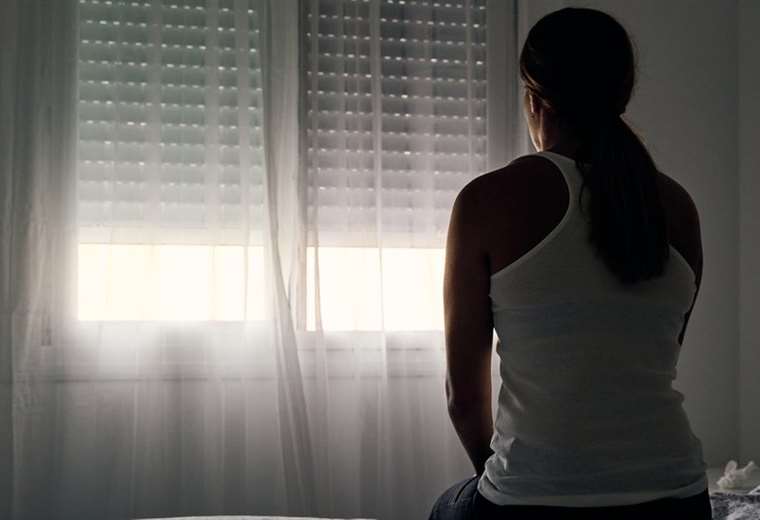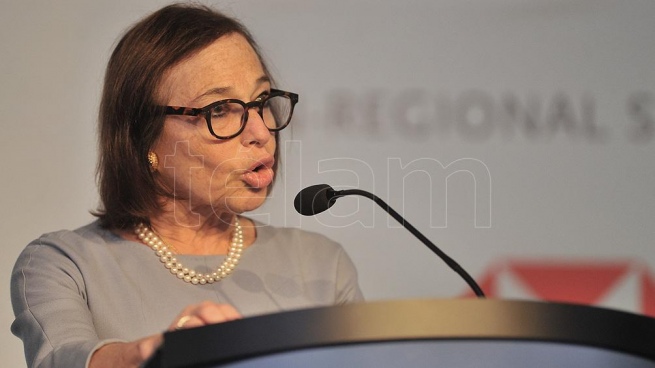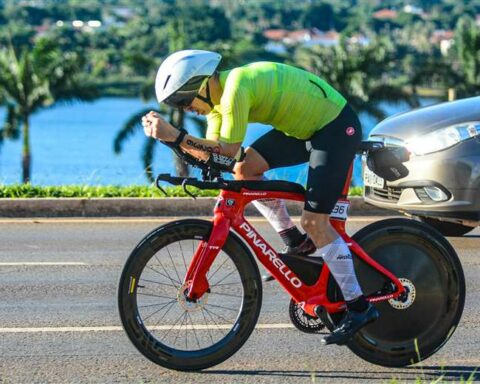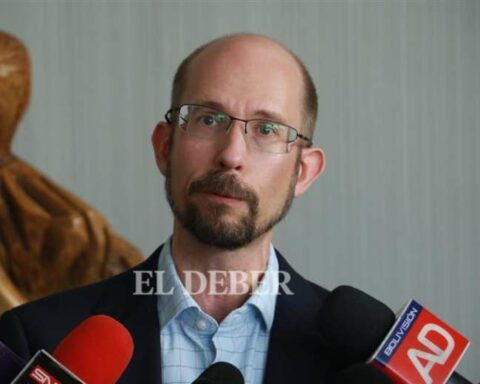August 18, 2022, 7:57 AM
August 18, 2022, 7:57 AM
Alone, sitting in the bathroom of her family home, Maria secretly Googles abortion information on her phone.
Maria, who prefers to keep her real name anonymous, has just found out that she is pregnant.
“I was scared,” he confesses.
“I didn’t know how the police would act. I thought maybe they were looking for people who googled the word abortion. Obviously, you get paranoid and your thoughts go in all directions.”
Maria speaks anonymously because she broke the law by taking pills she obtained through an organization based outside Malta, where she lives.
“I filled out a form that a doctor reviewed. Then I got an email to buy the pills.”
María affirms that she felt very alone, but the truth is that she is not.
Pro-abortion activists believe that every timeace women standsn doing exactly what Maria did.
The number of women using this option has increased after covid made it more difficult to travel abroad to terminate pregnancies.
Forbidden even in case of rape and incest
Based on figures from two nonprofit organizations, it is estimated that over 350 packs of abortion pills ordered in Malta in 2021. These pills can be taken up to the 12th week of pregnancy.
This despite the fact that abortion is a crime that is punishable by imprisonment in this country: a woman faces up to three years in prison and a doctor up to four, in addition to losing her medical license.
However, the Maltese media claim that no woman has faced criminal charges in years.
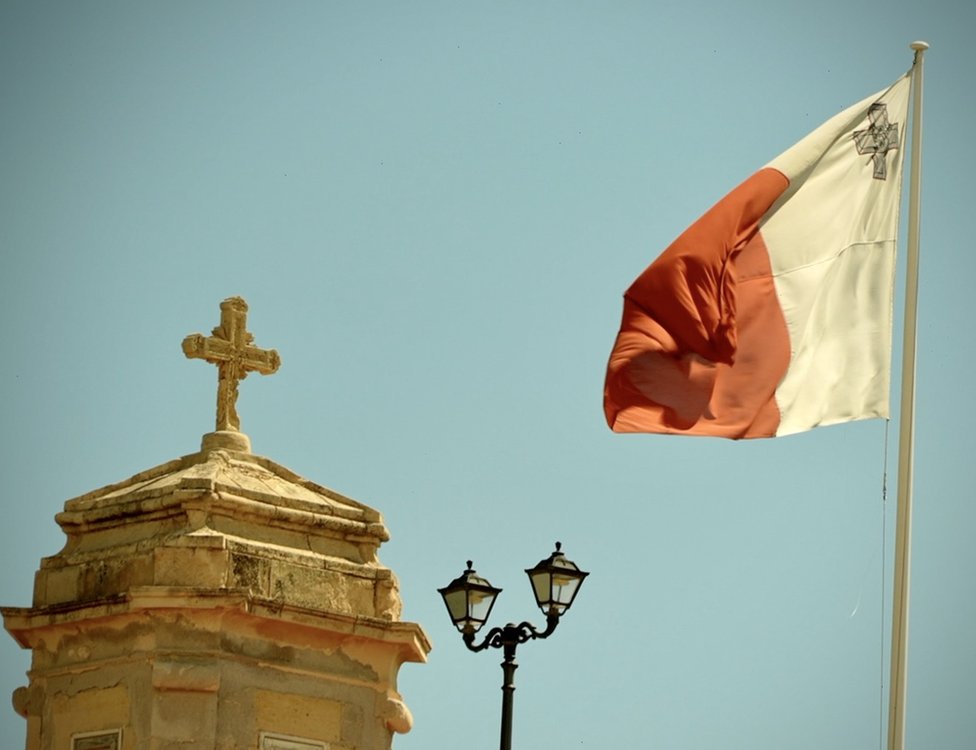
It is the only member state of the European Union that totally prohibits the procedure, without exceptions. Is prohibited even in cases of rape or incest.
Last year, none of Malta’s main political parties supported a bill to decriminalize abortion, but campaigners hope that a review of the law, along with changes in social attitudes, could spur change.
“Anything you’re looking at is a breath of fresh air,” says activist Maya Dimitrijevic, adding that it’s a secret voices that many women obtain abortion pills from abroad.
less and less taboo
Her mother, Lara Dimitrijevic, founded the Women’s Rights Foundation, a support and advocacy group in Malta.
Both believe that, little by little, the subject is becoming less taboo.
“We need time to pass,” says Lara. “Until a few years ago, even I would not have given an interview like this or talked about abortion so openly.”
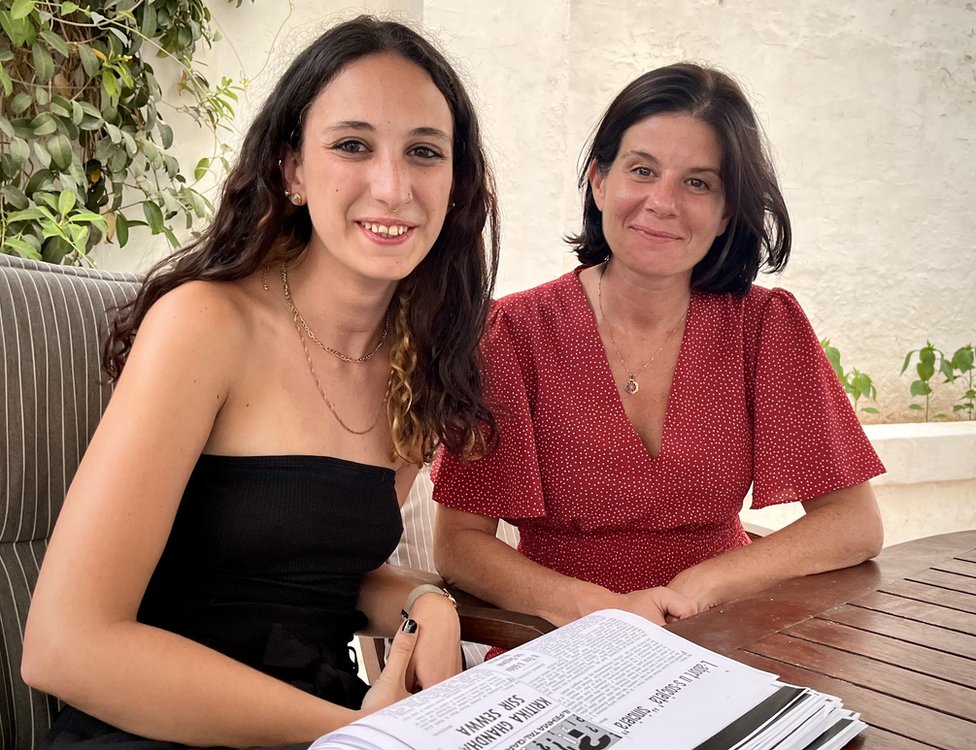
Lara is also the lawyer for Andrea Prudente, whose case caused the government to review the law.
Andrea is an American tourist who suffered an incomplete miscarriage while on vacation in Malta.
Despite being told that the pregnancy was non-viable and that the baby would not survive, the doctors did not terminate the pregnancy because there was still a heartbeat.
Fearing the imminent onset of a life-threatening infection, Andrea Prudente was flown to Spain. She and her husband Jay now plan to sue the Maltese government.
The case attracted international attention and put the laws of Malta in the spotlight.
Most still against
The government announced a review, but there are few details about this.
“Maltese law should help doctors do their jobHealth Minister Chris Fearne said in June.
“And there certainly shouldn’t be any part of the law that prevents doctors or professionals from saving lives,” he added.
The BBC contacted Chris Fearne’s team for an interview but received no response.
Many hope that if a change happens it will be very limited and few believe that progress will go as far as decriminalization.
Even though opinion is slowly changing, particularly among the young, polls suggest that the majority in Malta is still against abortion in this predominantly Catholic country.
During the summer, various religious festivals are held the feast of Saint Sebastian in the city of Qormi.
It is there that we find Joseph Saliba, 67, enjoying a drink with his family.
Many of the people we spoke to in Malta were reluctant to speak sopen this topicbut Joseph is not shy.
“I am Catholic and I am totally against abortion,” he tells me. “The baby is not going to defend itself.”
The Catholic Church systematically condemns abortion.
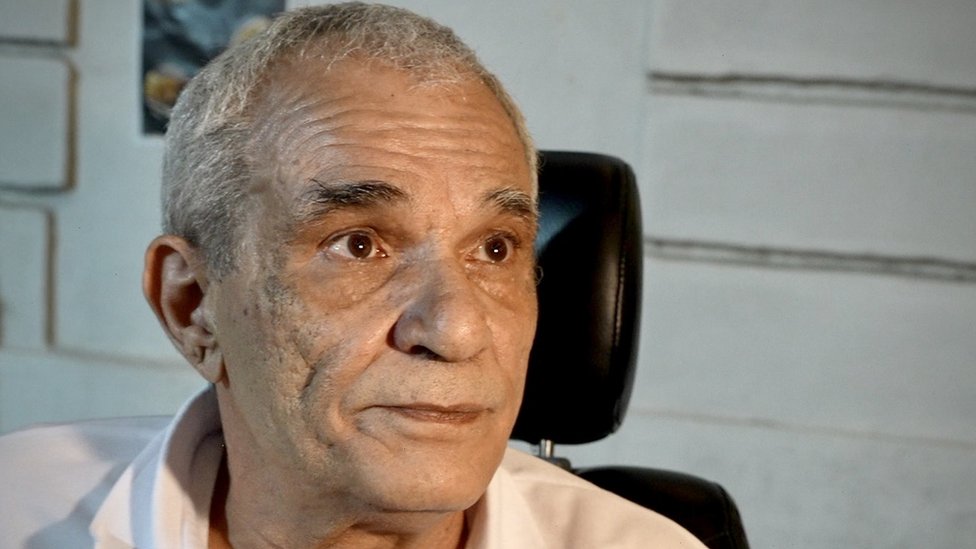
He says hello to Christine Azzopardi, who runs the bar across the street and has five children, some of whom huddle around her.
“I am against abortion,” says the 38-year-old woman. “I have five children and I am a grandmother. I love children“.
Joseph chimes in passionately: “If she had had an abortion, they wouldn’t be here. Their beautiful children.”
The “double effect”
However, Joseph suggests that doctors should act if the mother’s life is in danger.
Proponents of the law say that is what happens under what is known as the “double effect” doctrine.
This doctrine effectively states that sometimes it’s ok do damageas an unwanted side effect, when the ultimate goal is to do something good.
“When mothers are faced with life-threatening conditions, doctors can step in,” says Christian Briffa of the anti-abortion youth group I See Life.
He and his colleague, Maria Formosa, believe the law acts as a deterrent despite the fact that no one has faced criminal charges in years, let alone gone to jail.
“If it weren’t for the law, there would be more abortions,” insists 19-year-old María.
“In Malta, fortunately, we are one of the few countries where both mother and child are protected.”
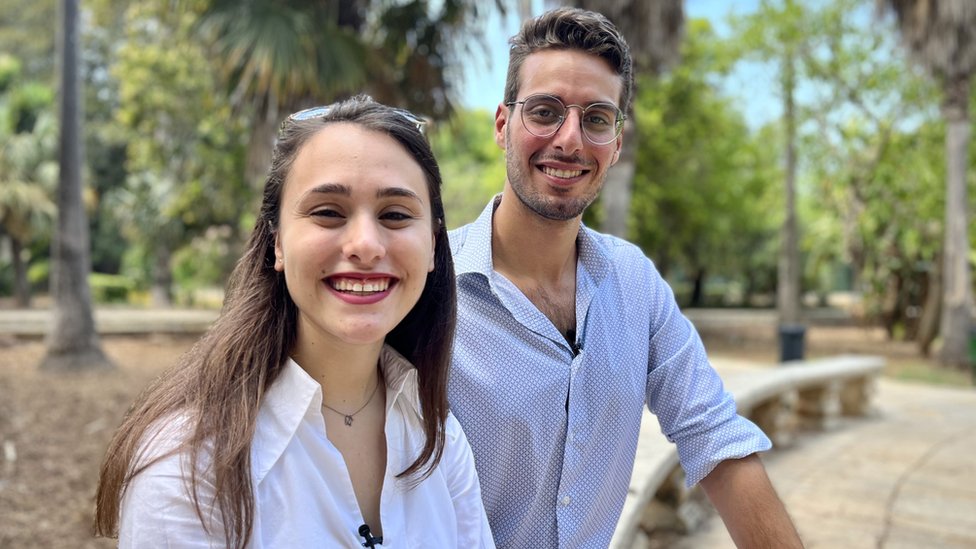
Pro-choice activists question the legal and ethical status of the “double effect” principle.
“It’s a doctrine. It’s talk,” says Professor Isabel Stabile of the Doctors for Choice group.
“At the end of the day, anyone who has an abortion or anyone who helps someone have an abortion is breaking the law.”
Professor Stabile, a gynaecologist, affirms that these “barbaric” rules they also force women, who need post-abortion care, to say that they have had a miscarriage.
“But how horrible is that, telling someone to lie about their condition.”
trust that a legal change is coming: “Certainly to adapt to the situation in which Andrea Prudente found herself where there was no possibility of viability… and where the woman has made a very clear decision.”
Activists say they will celebrate even a “small step” and believe more significant changes will come in the next 10 years.
The government review is expected to be announced later this year.
Remember that you can receive notifications from BBC World. Download the new version of our app and activate it so you don’t miss out on our best content.

